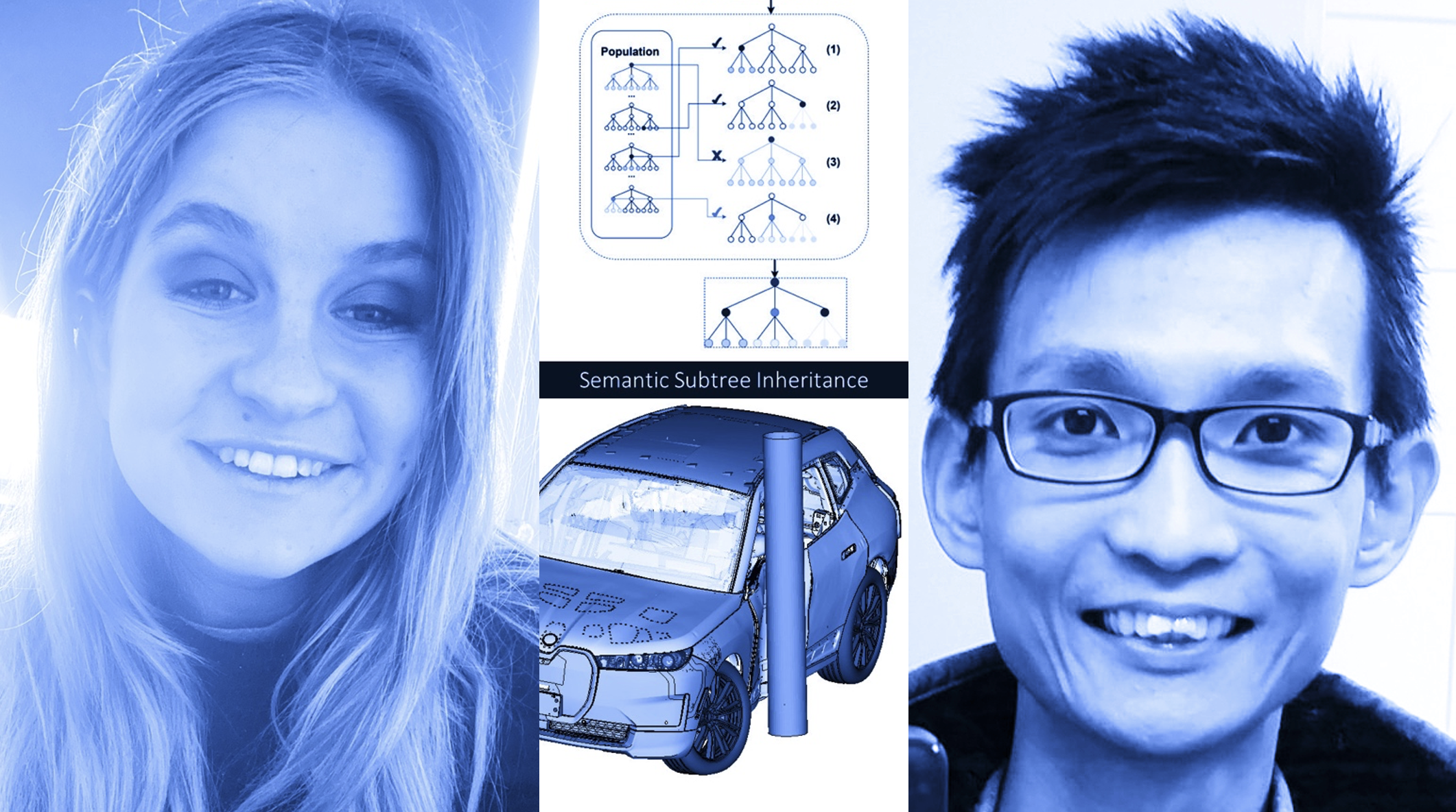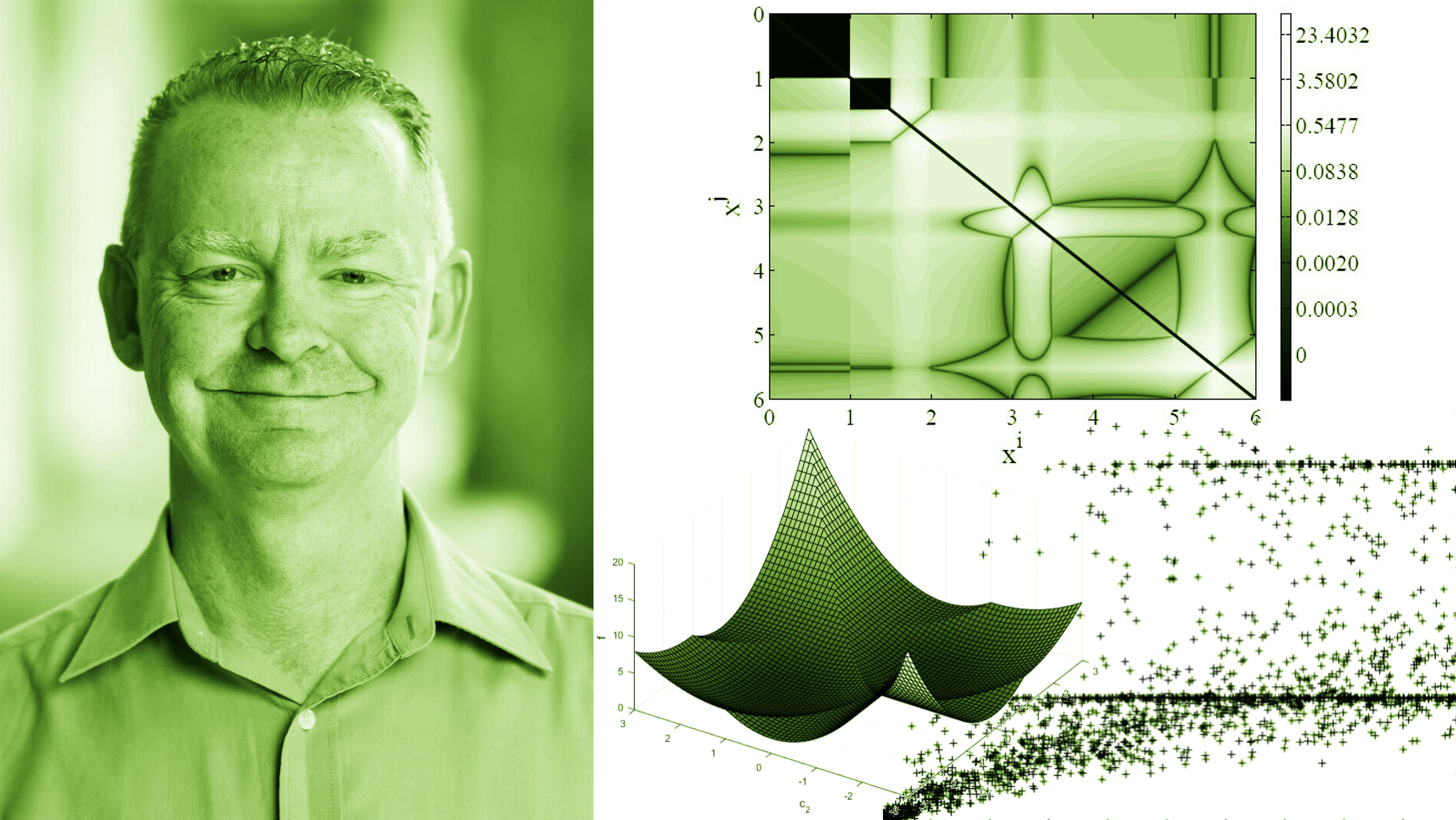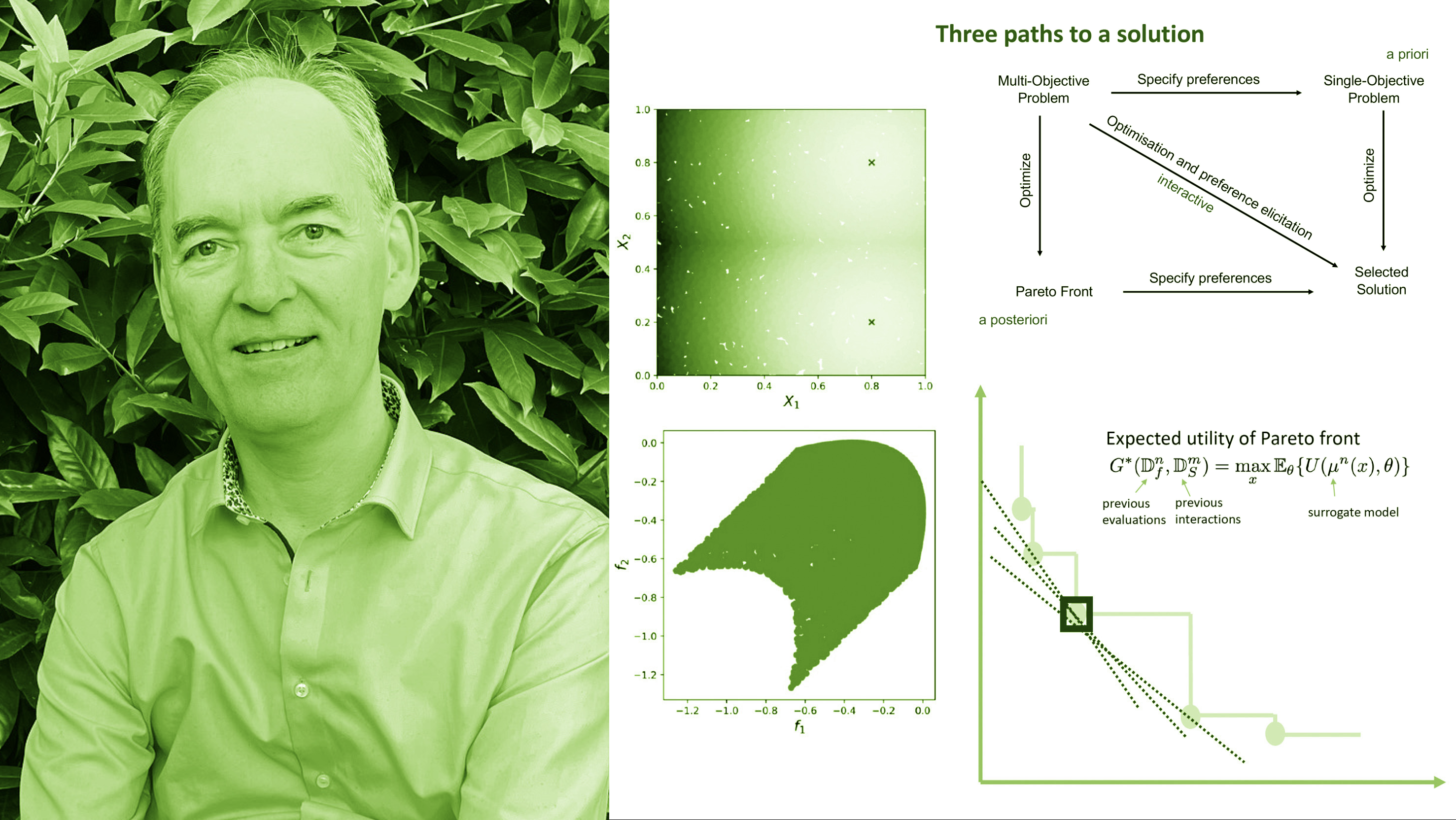The sixteenth lecture takes place on the 24th of April 2024 at 4:30 PM (CET), virtually.
The zoom link to attend the lecture is: https://universiteitleiden.zoom.us/j/68678432594?pwd=dW5WL2o1NityYVA5TWNQNEhsRUhaQT09.
The lecture features Ph.D. candidates Thalea Schlender and Fu-Xing Long.
Talk 1: Improving the efficiency of GP-GOMEA for higher-arity operators
Thalea Schlender, Leiden University Medical Center
Deploying machine learning models into sensitive domains in our society requires these models to be explainable. Genetic Programming (GP) can offer a way to evolve inherently interpretable expressions. GP-GOMEA is a form of GP that has been found particularly effective at evolving expressions that are accurate yet of limited size and, thus, promote interpretability. Despite this strength, a limitation of GP-GOMEA is template-based. This negatively affects its scalability regarding the arity of operators that can be used, since with increasing operator arity, an increasingly large part of the template tends to go unused. In this paper, we therefore propose two enhancements to GP-GOMEA: (i) semantic subtree inheritance, which performs additional variation steps that consider the semantic context of a subtree, and (ii) greedy child selection, which explicitly considers parts of the template that in standard GP-GOMEA remain unused. We compare different versions of GP-GOMEA regarding search enhancements on a set of continuous and discontinuous regression problems, with varying tree depths and operator sets. Experimental results show that both proposed search enhancements have a generally positive impact on the performance of GP-GOMEA, especially when the set of operators to choose from is large and contains higher-arity operators.
Talk 2: Surrogate-based Landscape-aware Automated Algorithm Configuration for Expensive Black-Box Optimization
Fu-Xing Long, BMW/Leiden University
In real-world applications, such as crashworthiness optimization in the automotive industry using expensive function evaluations, e.g., simulation runs, solving black-box optimization (BBO) problems efficiently is crucial to minimize time and cost investment. Nonetheless, automotive crashworthiness optimization can be time-consuming and challenging even with domain knowledge, since crash problems are typically high dimensional, nonlinear, and discontinuous. To overcome this problem, we propose an automated algorithm configuration approach that can assist practitioners to identify the best suited algorithm and fine-tune its hyperparameters for their applications, while maintaining an affordable computational effort even for expensive BBO problems. Precisely, the optimization landscape characteristics of BBO problems are quantified using exploratory landscape analysis (ELA) to identify cheap-to-evaluate functions that are representative as surrogates for the BBO problems. Based on these representative functions, optimal optimization configuration can be identified at a relatively low computational cost compared to the expensive function evaluations. Beyond that, this approach can be extended to construct general purpose predictive models using machine learning, similar to typical landscape-aware algorithm selection approaches.
 JoLEA
JoLEA



